

For Indigenous Peoples, nature is sacred and living in balance with nature is a central value of IPFS.
Land, territories, and resources are managed collectively, within the family, clan, or the entire community. Customary governance systems are rooted in traditional knowledge and are intended to serve the common good of the community by regulating their rights and obligations to land, territories, resources, livelihoods, and food systems. Traditional land management and collective governance of IPFS are designed to generate food whilst preserving biodiversity. Examples include agroforestry gardens, integrated rice-fish paddy fields, shifting cultivation, and pasture management.
Indigenous Peoples' knowledge is different from science, in that it includes not only direct observation and interaction with plants, animals and ecosystems, but also a broad spectrum of cultural and spiritual knowledge and values that underpins human-environment relationships (5). This knowledge, unique to a given culture or society, emerges from the long history of interaction with their natural surroundings. Inter-generational transmission of knowledge amongst age groups and between elders sustains IPFS. Nonetheless, Indigenous Peoples’ knowledge and practices are creative and experimental, and continuously innovate to meet new conditions.
The resilience of IPFS comes from the diversity of their foods, lands, and territories, their knowledge of sustainable management and the sociocultural values of caring, sharing, and reciprocity. Food and seed sharing, for example, is instrumental for resilience and is based on the value of solidarity and reciprocity. Traditionally, Indigenous Peoples' practices are based on the understanding and respect of ecosystem carrying capacity to ensure the replenishment of biodiversity (5). Indigenous Peoples’ lands are also important areas for crop evolution and adaptation to climate change.
IPFS comprise cultural relations to food and resources. Indigenous Peoples’ knowledge about food is integral to a cultural complex that also encompasses language, systems of classification, resource use practices, social interactions, spirituality, and cosmogonies. The diverse spiritual-cultural practices highlight how these food systems are embedded within the cultural and political organisation of Indigenous Peoples. The sacred relationship with nature preserves the local environment.



Created with
Offline Website Builder